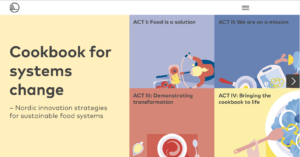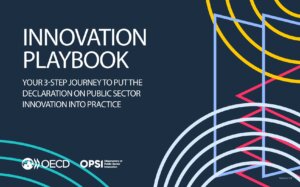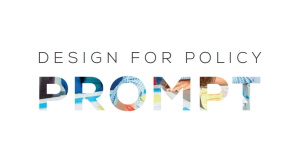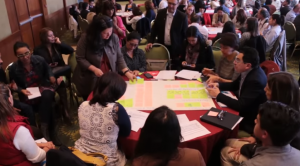Public policy is a practice and discipline of making tangible written rules that govern a group of people or society at large.
As a discipline and practice, public policy is very mature, with diversified and specialised professionals as well as schools, institutions (such as the OECD) and think tanks focused on its study, application, and reform.
The basic policy cycle typically involves some variation of the following methodology:
- Agenda setting
- Policy formulation
- Policy adoption
- Policy implementation
- Policy evaluation
The inputs to public policy include election results, public opinion, communications to elected officials, media coverage of issues, and the individual experiences of policy staff and decision makers and outputs include laws, regulations, and decisions that often implicate resources, programmes, and relationships outside the public sector.
The shape of the public policy cycle is closely linked to politics and political agendas as well as the prevailing system of government. Public policy sits at the intersection of what could be and what should be, so it is a complex and evolving process influenced by cultural, socioeconomic and geographic factors. Public policy innovation pertains to the changing of that process to serve different needs or achieve different outcomes.
Basic principles
Services should:
- be designed based on user or customer needs rather than the internal needs of an organisation
- be designed with a system lens rather than as piecemeal components
- be designed iteratively with the input of users at all stages of development
- reference a clear purpose, demand for the service, and business case
- be designed based on data and evidence
- be inclusive and accessible
State of the practice
Public policy is a process as old as civilisation and organised societies and has been constantly evolving since. In the last few decades in industrialised contexts, New Public Management reforms drove an emphasis on more business-like approaches to running public service organisations brought shift toward efficiency, value for money, and private sector models for return on investment as well as a treatment of members of the public as “customers.” In recent years, an increase in complexity of public sector work as well as digitisation has diversified public policy reform approaches. Recent trends on outcomes-based approaches, evidence-informed policymaking, systems thinking approaches, inclusive growth, and mission-led innovation are starting to shape public policy. Over the last decade, policy labs have also brought a new structure, different methods and renewed emphasis on public policy redesign. Finally, experimentation and “sandboxing” have emerged as ways of testing possible policy approaches before full implementation.
Considerations
Public policy is already the dominant and pervasive practice in the public sector, which makes innovating the process more challenging. Established practices and ways of working are less flexible but provide consistency. If a public policy process is working well for a government, it should maintain it with continuous improvements. If the public policy process is not translating public desires into actions and outcomes, then a different policymaking approach might be needed.
Many innovation processes are based in design methodologies while public policy is based on a policy cycle methodologies. These are not necessarily incongruent, but policy is a rigid constraint in a system whereas innovation is about exploring possibilities without constraints. These can inform one another, but while policy is explicit, tangible, and slowly evolving, innovation involves more abstraction, uncertainty, and freedom from current realities and constraints. Many innovation toolkits tend to be more design-oriented and service-oriented and may require significant adaptation before fitting well in a public policy environment.
Policy-specific toolkits might be a better place to start for those working in a public policy organisation.
View all toolkits with a Public Policy orientation
Related OECD publications
Evidence-informed policymaking
Systems approaches to public sector challenges
Trust in Government – Inclusive Policy Making
OECD policy advice to member and partner countries
What to consider when choosing a public policy toolkit
When choosing a service public policy toolkit, especially those at the agenda setting or policy formulation stage, consider those related to systems change, strategy design or futures and foresight. or those that specifically touch on the actions of scanning, fact finding/evidence gathering, insight finding.
Alternately, in the early stages of agenda setting, the practice of strategy design may also be helpful. Learn more here.
If you are implementing a policy and need to rethink how your organisation or services can deliver its policy outcomes, consider toolkits related to organisational design or service design.
If you do not yet know if public policy innovation is the right approach, consider reading about different disciplines or practices or choose a toolkit that will help you contextualise your situation, plan an approach, or compare different possible approaches or innovation methods.
View all toolkits for Public Policy
View all toolkits relevant for policy-makers or advisers
Would you like some help?
How well-versed are you with applying these tools and methods? Do you have experience with applying these approaches in practise? If not, then the language and complexity of the working methods can be daunting. Find help and connect to a someone who has practical experience in addressing public sector challenges. But be aware so that you do not get sucked into applying their favourite method instead of leading with your unique problem or situation.
Learn about building skills and capacity
Find OPSI network members who are working with public policy
Reach out to OPSI for guidance with public policy
Request a webinar on this topic – top-requested topics will be prioritised






